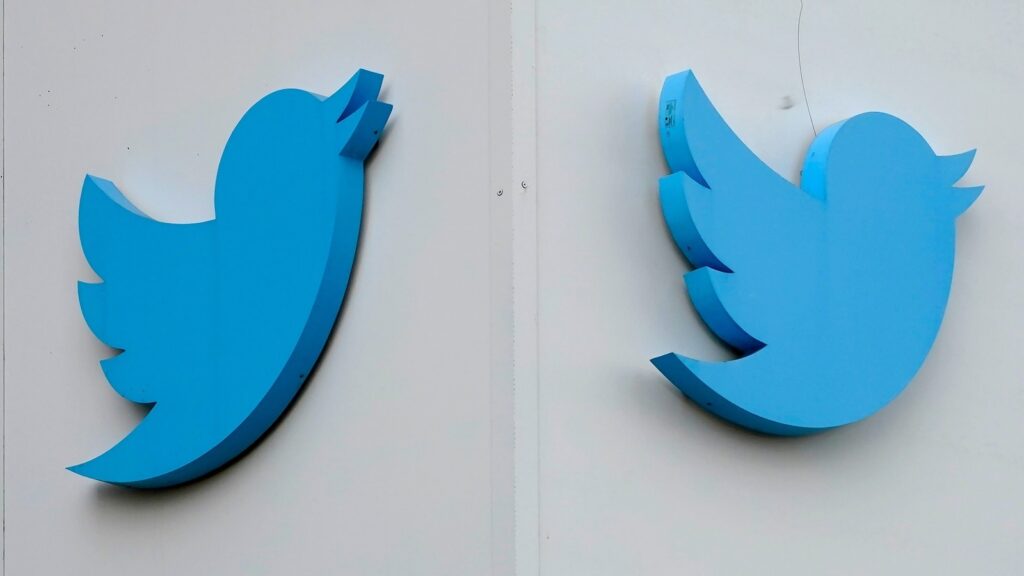Australia’s digital safety regulator has issued a notice to Twitter for a reported rise in hate speech, threatening the company with a $475,000 fine if it did not provide an adequate explanation within 28 days. The eSafety commissioner said instances of serious abuse faced by Australians on Twitter have surged in the past 12 months. Australia is not the first country to raise flags. In April, Germany said it was considering slapping fines, and in December, weeks after Elon Musk took over the firm, the European Union warned it to combat rising hate speech and misinformation. For far too long now, online safety has been held hostage to company policies that are at best flawed, and at worst whimsical, and to laws and regulations that are either inadequate or overbroad. Twitter’s policies and practices are particularly stark since its new owner, Mr Musk, dismantled trust and safety teams, laid off content moderators, and signalled a sort of policy confusion that led to a free-for-all on the platform. A study by the University of Southern California in April, found that since Mr Musk took over, there was a qualitative spike in hate speech, with the content becoming more toxic across parameters of sexuality, race and ethnic identity.
The trend is a reminder that the world needs a better accountability mechanism for social media companies. Online discourse, which invariably leads to real-world harms, cannot be held hostage to the whims and fancies of a billionaire or a corporate behemoth. These entities must conform to the law and broader ideas about what a safe space is, whether in the virtual or physical. If companies don’t step up to the task, governments and civil society should step in.

